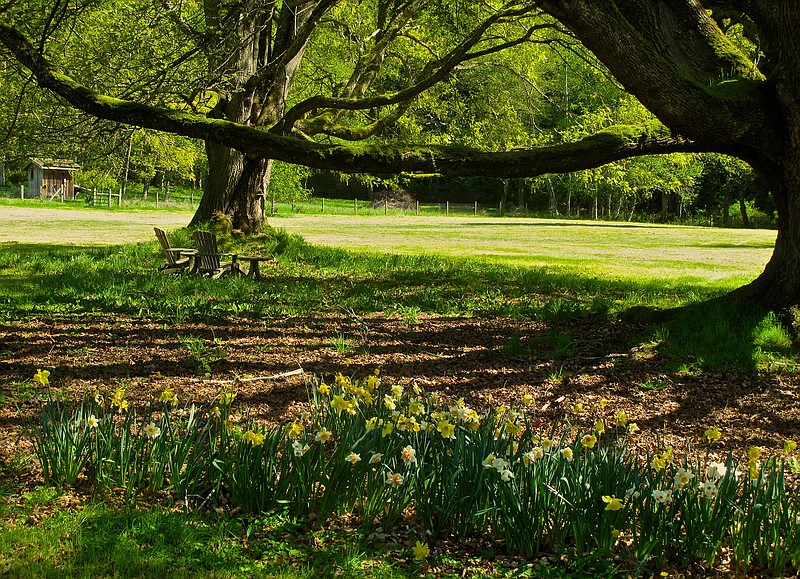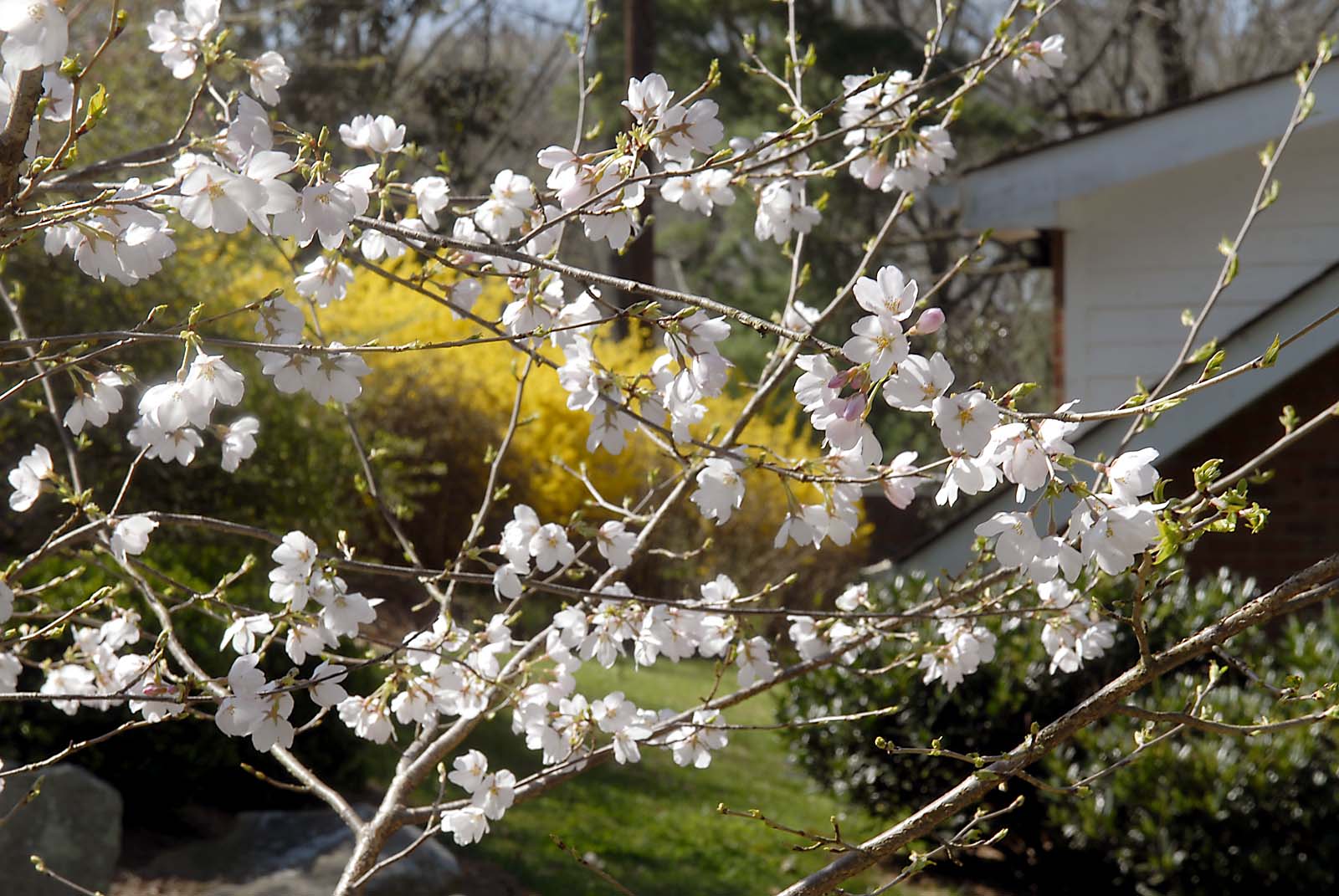What's happening is the seasons are getting blurred because we're having pollen throughout the year, just about."
Local allergy sufferers like 50-year-old Monica Burke need no pollen count to know that allergy season has arrived in Chattanooga. Burke, who went to the doctor this month for nasal spray, said her symptoms are sometimes so severe that she isn't able to work.
"Headaches. Severe headaches. Eyes running water. Sore throat. Congestion. It's already started," she said.
Dr. Susan Raschal, a specialist certified by the American Board of Allergy and Immunology, said Chattanooga saw a slow start to the allergy season this year but some allergens could hang around longer than usual.
In the past pollen counts started to rise in the end of January and throughout February, she said, but pollen counts did not rise this year until March. The spring pollen season then starts later, and the seasons for different allergens blend.
"What's happening is the seasons are getting blurred because we're having pollen throughout the year, just about," Raschal said.
She said grasses usually pollinate in May, June and July, but last year the process lasted through September.
Any pollen count over 121 is considered heavy, Raschal said. The pollen count for Monday was 1,581, according to Amber Boles with the Chattanooga Hamilton County Air Pollution Control Bureau.
Boles said the highest pollen count this year was 2,876 on April 9, and around this time last year the count was 4,129.
Dr. Lee Perry with the Chattanooga Allergy Clinic estimated some 75 percent of local residents who suffer from allergies don't seek treatment beyond over-the-counter medications.
The problem with that is the medications only mask symptoms like sneezing, itchy eyes and runny noses, he said. It takes allergy shots to treat the allergy, Perry said.
He said that if a person gets allergy shots, he or she could eventually become immune to the allergens and no longer need shots or any other treatment.
Chattanooga remains one of the top 20 cities in the nation among the "most challenging places to live with spring allergies," according to the Asthma and Allergy Foundation of America.
The city dropped from being ranked 6th among the 100 cities surveyed in 2014 to 14th this year.
The foundation's rankings are based on analysis of data from factors including prevalence, seasonal pollen, allergy medicine use per patient and the number of board-certified allergists per patient.
Some 50 million Americans suffer from seasonal allergies, according to the American College of Allergy, Asthma and Immunology.
National experts are predicting 2015 could bring one of the worst allergy seasons ever because of the wet winter and dry spring experienced in many states.
Sam Roberts, a National Weather Service meteorologist in Morristown, Tenn., said about 2.5 inches of rain, 0.8 more than average, has fallen so far in April. Forecasters expect rain off-and-on all this week and perhaps through the weekend, he said.
Rain clears pollen, but could enable an increase in mold, Raschal said.
Contact staff writer Yolanda Putman at yputman@timesfreepress.com or 423-757-6431.

